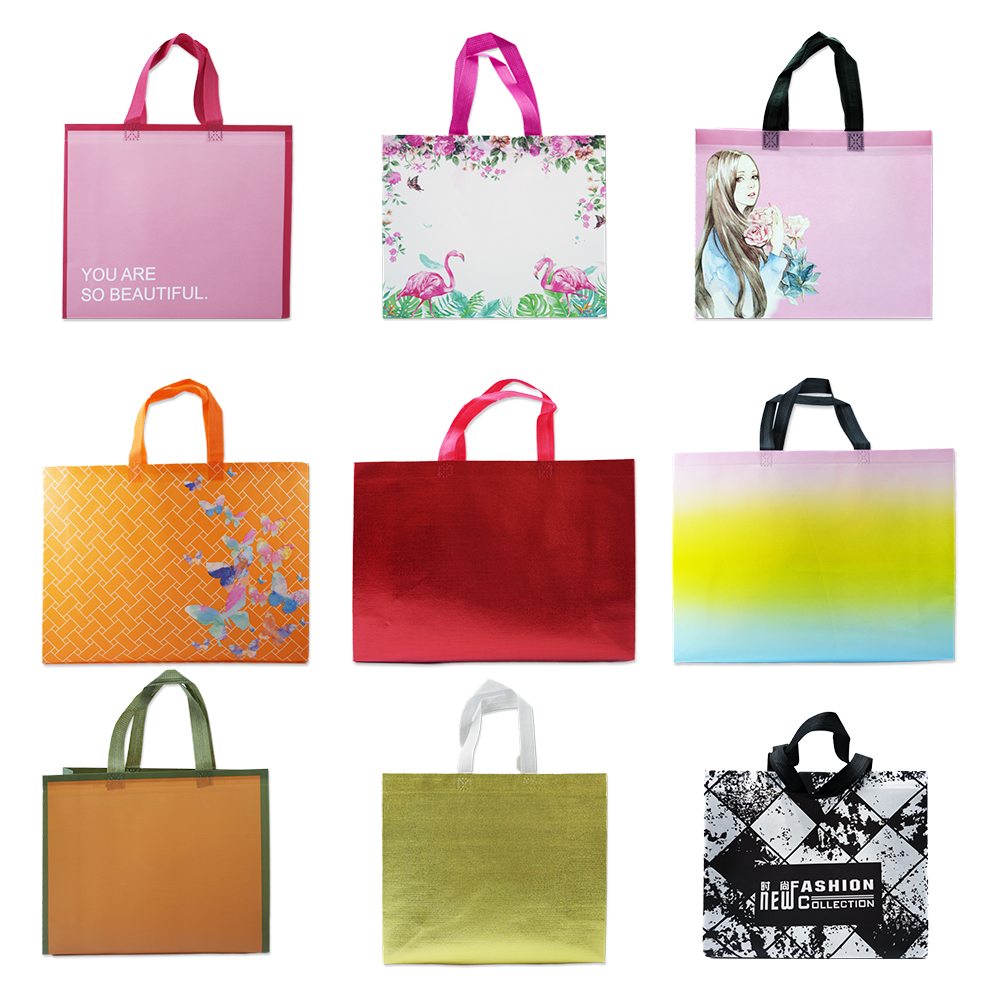
In recent years, with the growing awareness of environmental protection, non-woven shopping bags have become an important choice for daily shopping. Compared to traditional plastic bags, non-woven shopping bags are not only more eco-friendly but also offer greater durability and load-bearing capacity. The fiber structure of non-woven fabric makes the bags more resilient, allowing them to be reused multiple times, reducing dependence on single-use plastic bags, and thereby decreasing environmental pollution.
The design of non-woven shopping bags is also highly versatile, catering to everyday shopping needs while allowing for customization according to individual preferences. Many businesses and brands have adopted non-woven fabric as an eco-friendly packaging material, printing their logos or brand slogans, which serves both as a promotional tool and demonstrates their commitment to environmental protection. These shopping bags not only meet the basic needs of consumers but also attract more attention through their aesthetically pleasing designs and environmental message.
One of the greatest advantages of non-woven materials is their environmental performance. Non-woven fabric is typically made from recyclable materials like polypropylene (PP), which can be recycled after use, reducing resource waste. Furthermore, the production process of non-woven fabric consumes relatively low energy and results in fewer harmful emissions, making it more environmentally friendly than traditional plastic bags.
As global attention to plastic pollution intensifies, more and more countries and regions are beginning to restrict the use of single-use plastic bags and promote the adoption of eco-friendly alternatives. Non-woven shopping bags align perfectly with this trend, becoming the preferred choice for many shoppers.
The future of non-woven materials is filled with innovation and potential. With continuous technological advancements, the production cost of non-woven fabric is steadily decreasing while its performance is constantly improving. For instance, more lightweight yet sturdier non-woven materials have recently emerged, expanding their use in more fields. In the future, non-woven fabric will continue to play an important role in daily life and may become a key driver in the environmental protection and sustainable development sectors.
As a new type of eco-friendly material, non-woven fabric, due to its efficient production process, excellent performance, and sustainability, is gradually becoming an indispensable part of people's daily lives. Particularly non-woven shopping bags, which not only align with environmental trends but also win widespread favor due to their durability and practicality. With the continuous popularization of eco-friendly concepts, the application of non-woven fabric will become even more widespread, making a greater contribution to global sustainable development.

